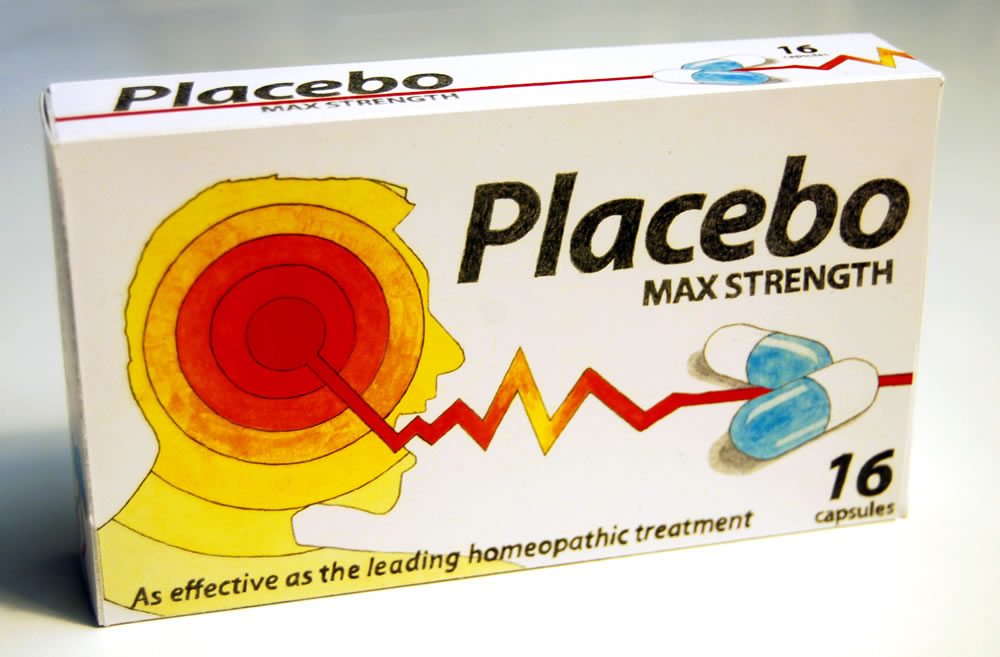Category: Basic Science
Dummy Medicine, Dummy Doctors, and a Dummy Degree, Part 2.2: Harvard Medical School and the Curious Case of Ted Kaptchuk, OMD (cont. again)
“Strong Medicine”: Ted Kaptchuk and the Powerful Placebo At the beginning of the first edition of The Web that has no Weaver, published in 1983, author Ted Kaptchuk portended his eventual academic interest in the placebo: A story is told in China about a peasant who had worked as a maintenance man in a newly established Western missionary hospital. When he retired...

Benedetti on Placebos
There has been an ongoing debate about placebos on SBM, both in the articles and in the comments. What does it mean that a treatment has been shown to be “no better than placebo?” If our goal is for patients to feel better and they feel better with placebos, why not prescribe them? Do placebos actually do anything useful? What can science...
The Annals of Internal Medicine Qualifies for Fail Blog.
As most readers of the blog know, I am mostly an Infectious Disease doc. I spend my day diagnosing and treating infections and infectious complications. It is, as I have said before, a simple job. Me find bug, me kill bug, me go home. Kill bug. It is the key part of what I do everyday, and if there is karmic payback...

Revisiting Daniel Moerman and “placebo effects”
About three weeks ago, ironically enough, right around the time of TAM 9, the New England Journal of Medicine (NEJM) inadvertently provided us in the form of a new study on asthma and placebo effects not only material for our discussion panel on placebo effects but material for multiple posts, including one by me, one by Kimball Atwood, and one by Peter...
Answering another criticism of science-based medicine
In the three and a half years that the Science-Based Medicine blog has existed, we contributors have come in for our share of criticism. Sometimes, the criticism is relatively mild; often it’s based on a misunderstanding of what SBM is; but sometimes it’s quite nasty. I can’t speak for the rest of the SBM crew on this, but I’ve gotten used to...
Scientific evidence for synergy in a botanical product
So, you’re curious about herbal medicine. Is there any truth to this stuff? Uncle Howie tells you that he read in the National Enquirer about an herb that has better antibacterial effects on cuts and scrapes than Neosporin ointment — never mind that Neosporin is composed of three different antibiotics that come originally from bacteria themselves. So you set out on a...
“CAM” Education in Medical Schools—A Critical Opportunity Missed
Mea culpa to the max. I completely forgot that today is my day to post on SBM, so I’m going to have to cheat a little. Here is a link to a recent article by yours truly that appeared on Virtual Mentor, an online ethics journal published by the AMA with major input from medical students. Note that I didn’t write the...
Et tu, Biomarkers?
Everything you know may be wrong. Well, not really, but reading the research of John Ioannidis does make you wonder. His work, concentrated on research about research, is a popular topic here at SBM. And that’s because he’s focused on improving the way evidence is brought to bear on decision-making. His most famous papers get to the core of questioning how we...
Fungus yields new prescription drug for multiple sclerosis
The following post appeared earlier this week at my Chemical & Engineering News CENtral Science blog, Terra Sigillata. For some odd reason – perhaps this week’s frantic academic schedule of commencement activities – it was not highly read there. I thought that our Science-Based Medicine readers would appreciate it because this new prescription drug is derived from a family of fungi that...

